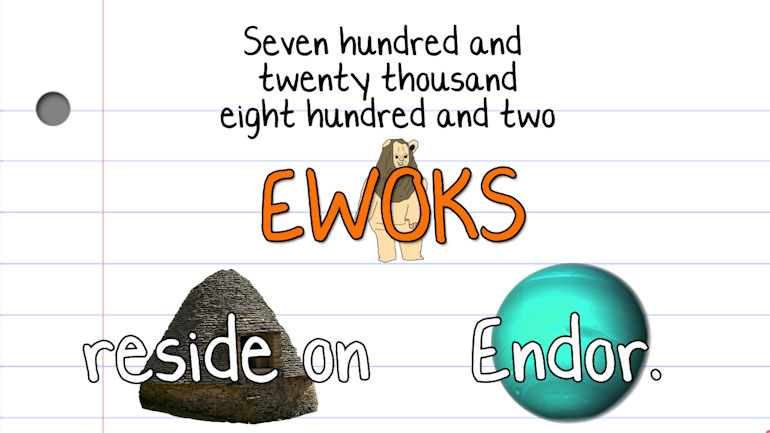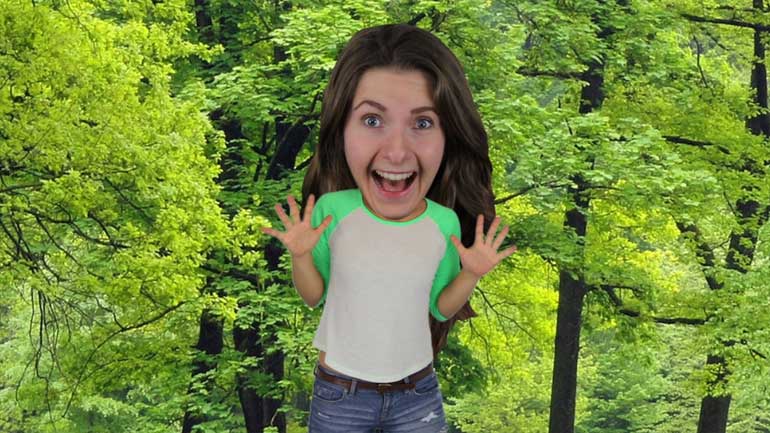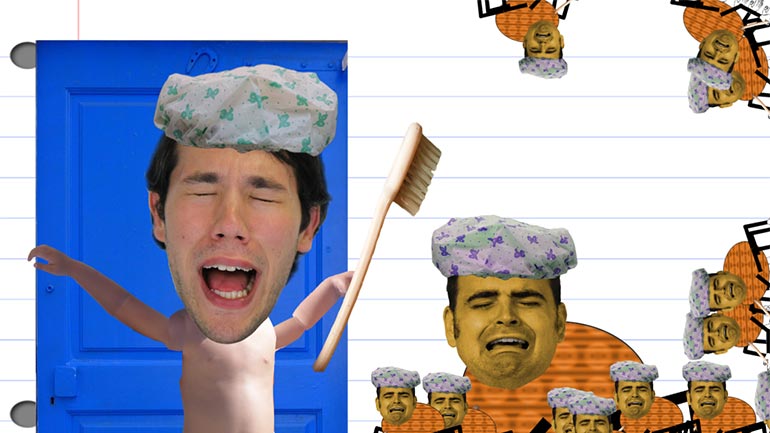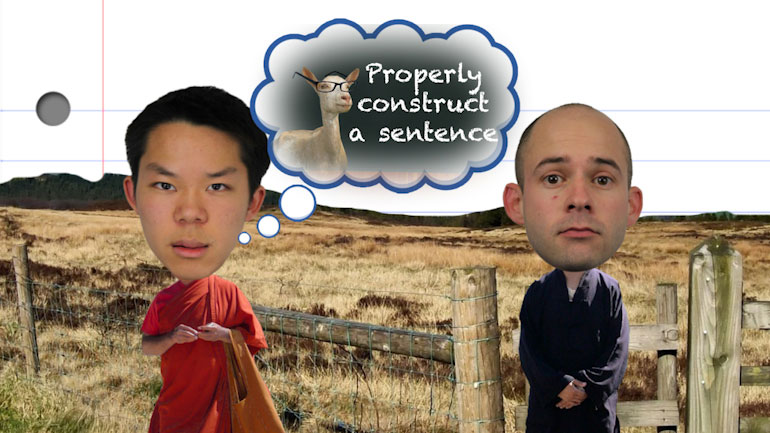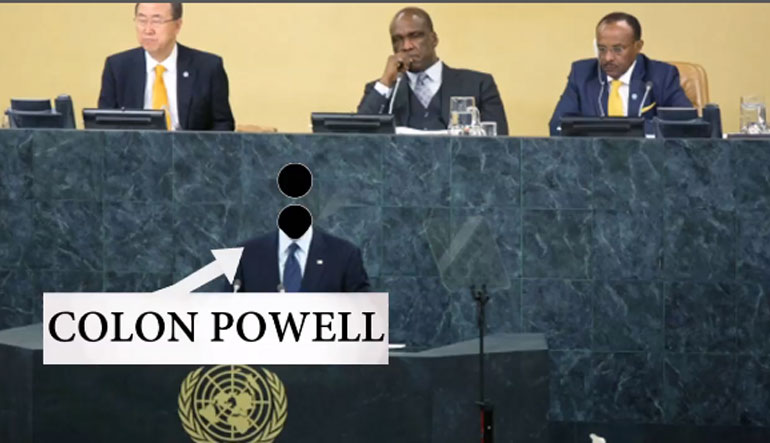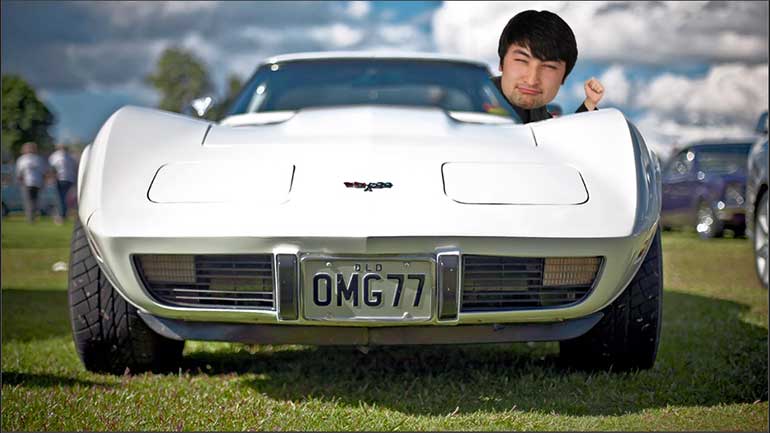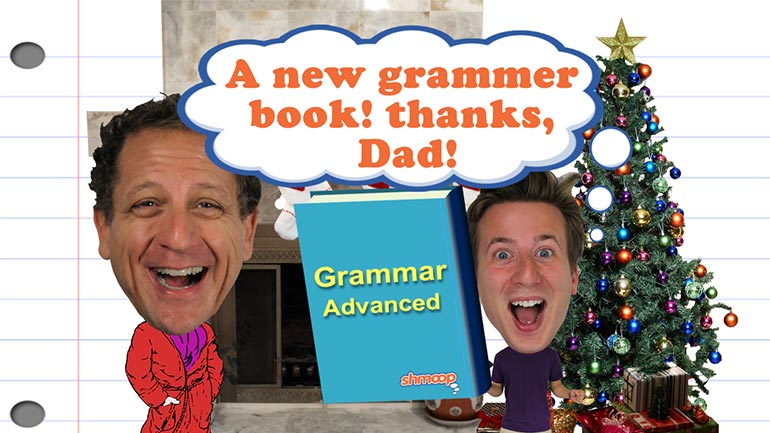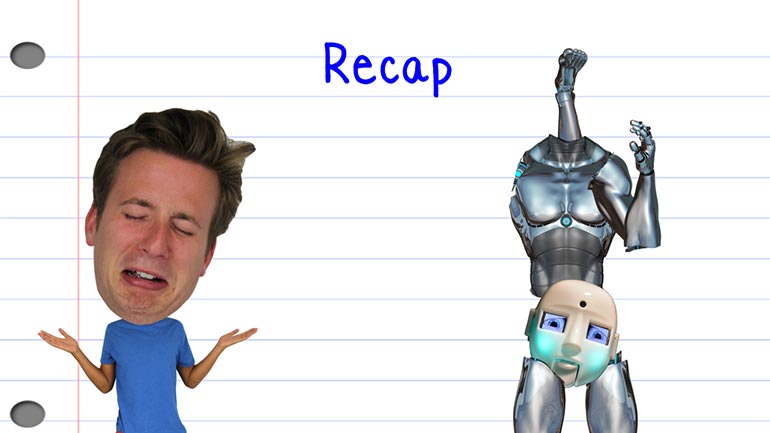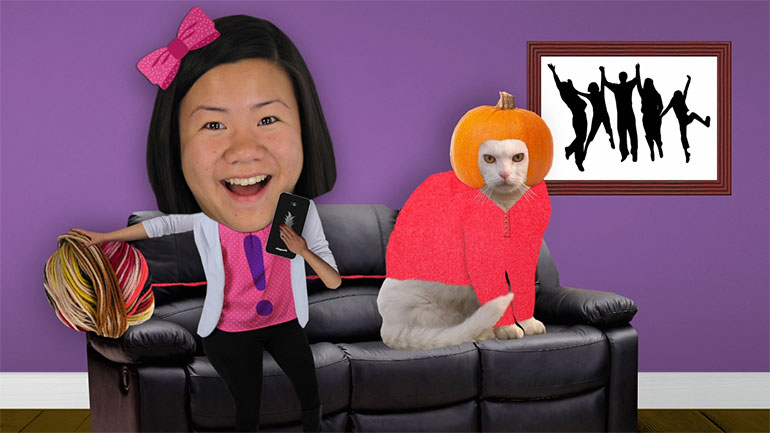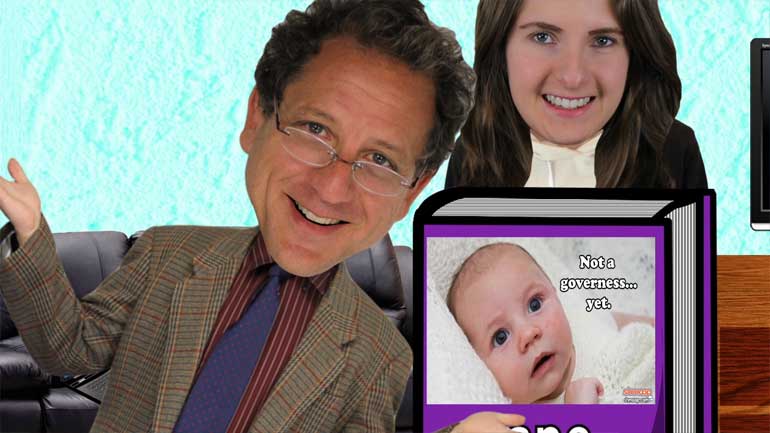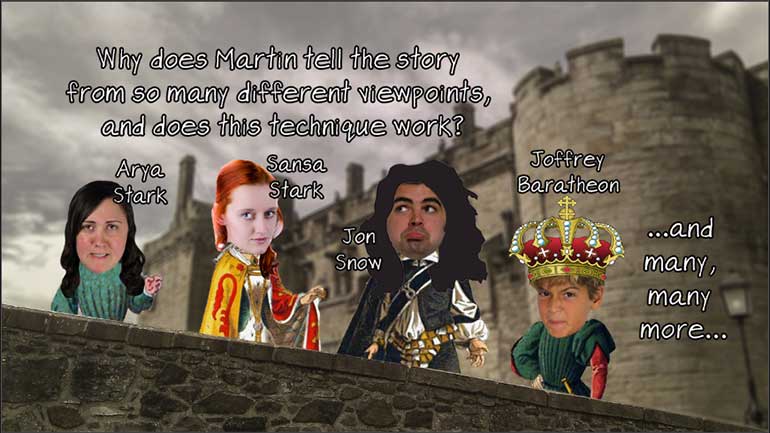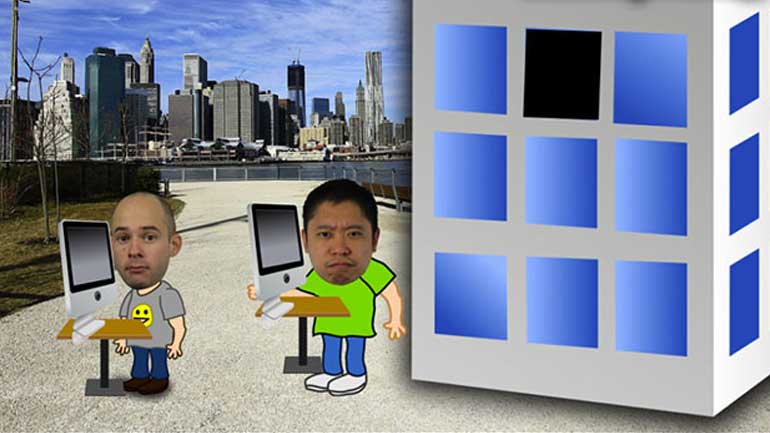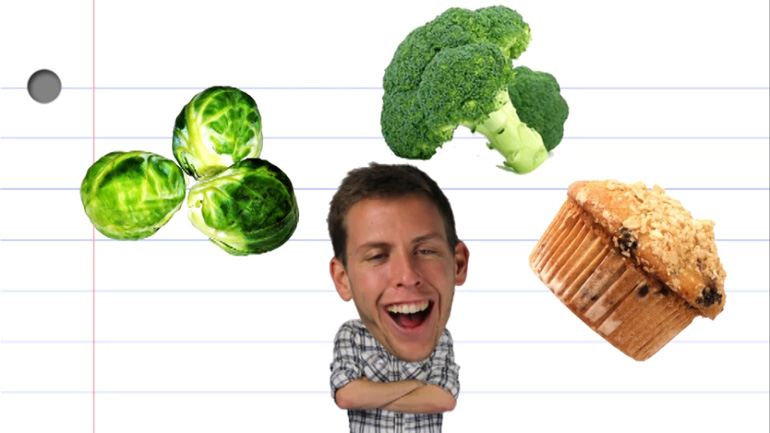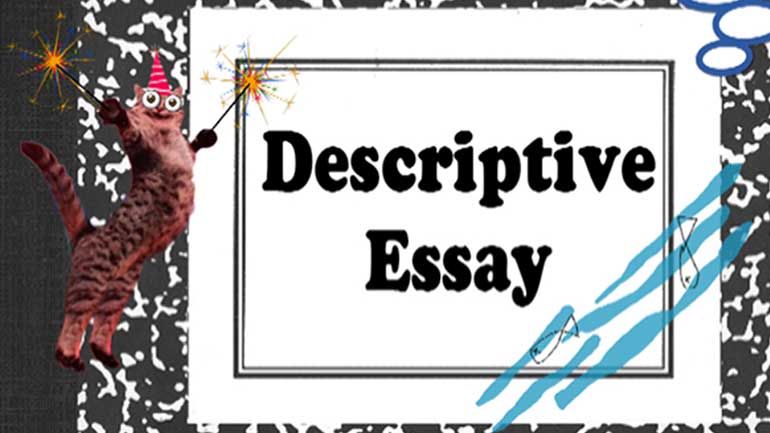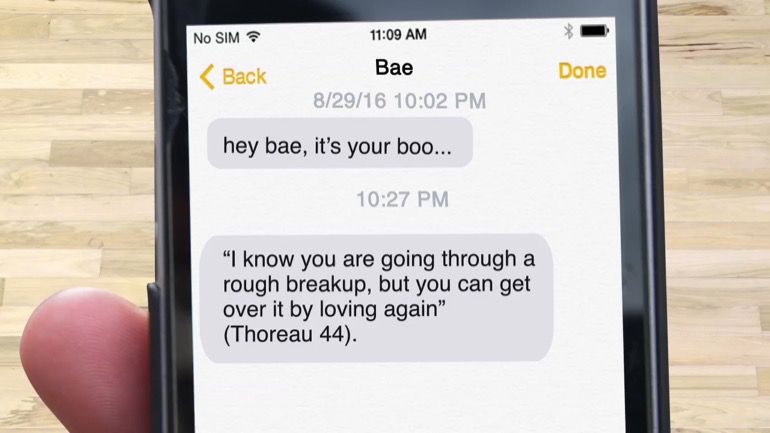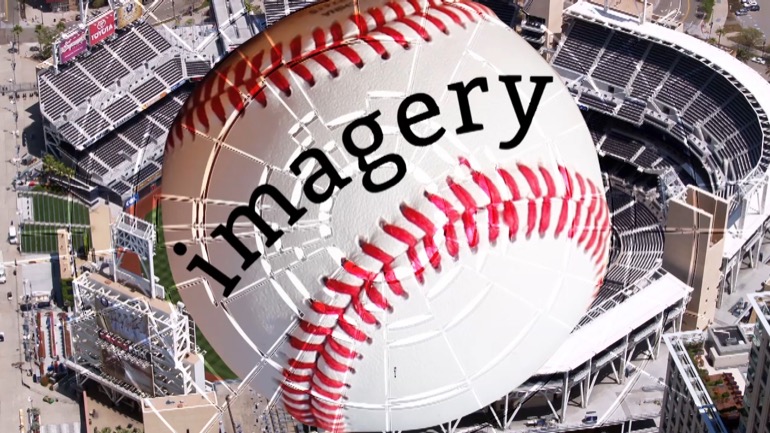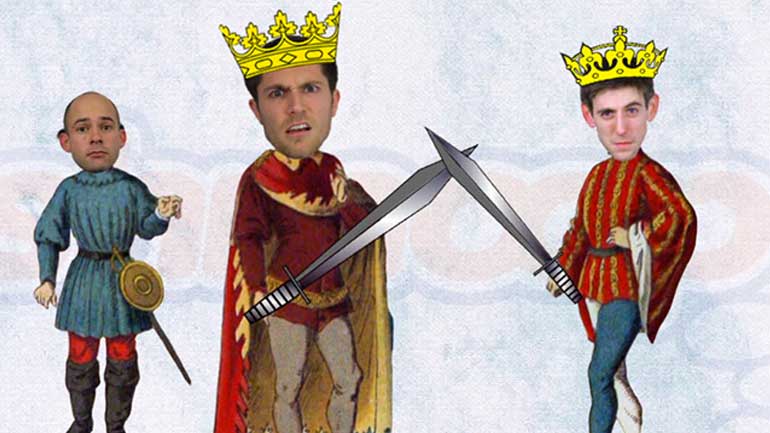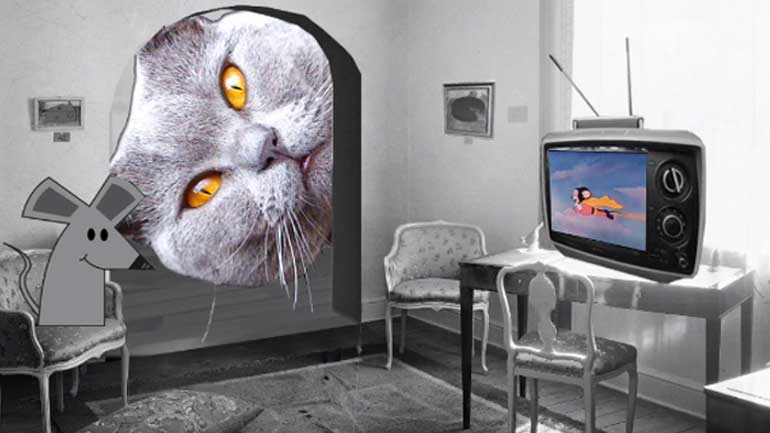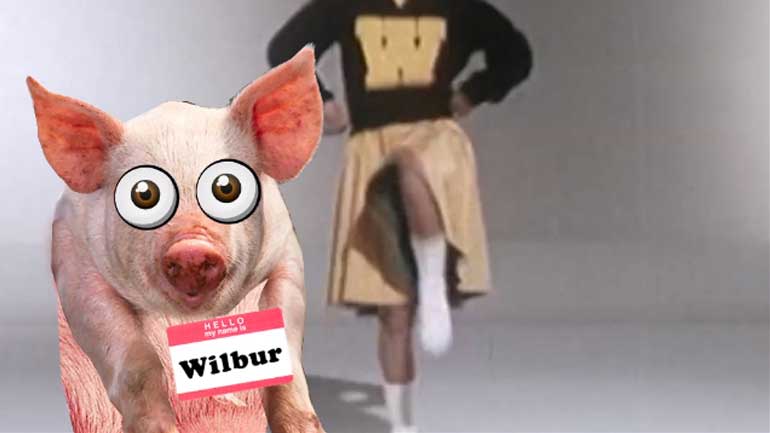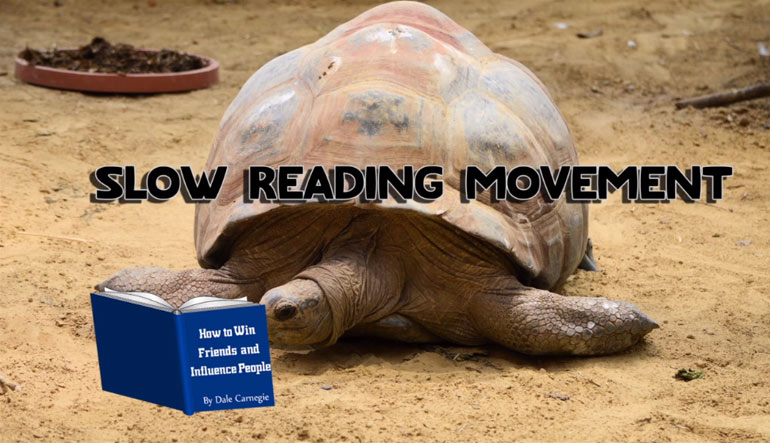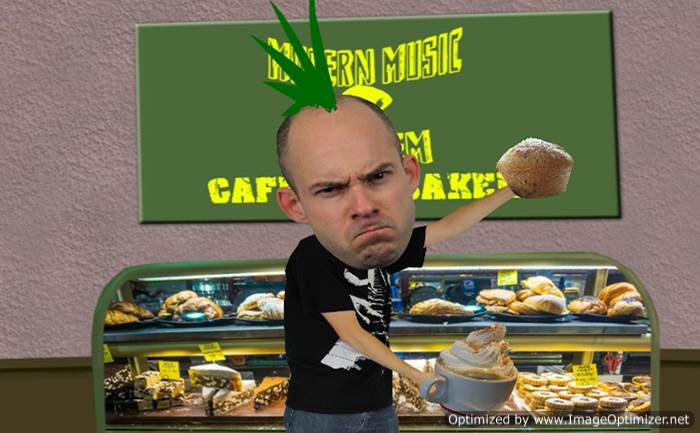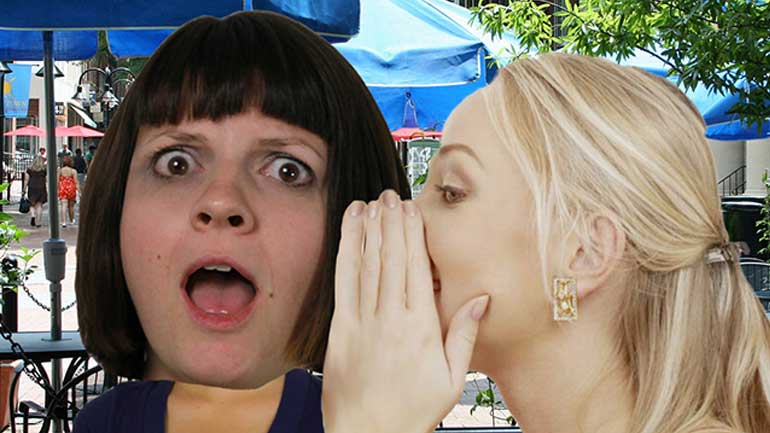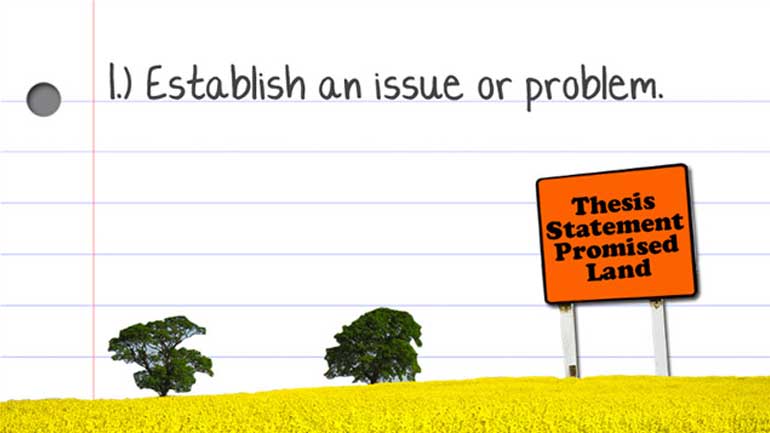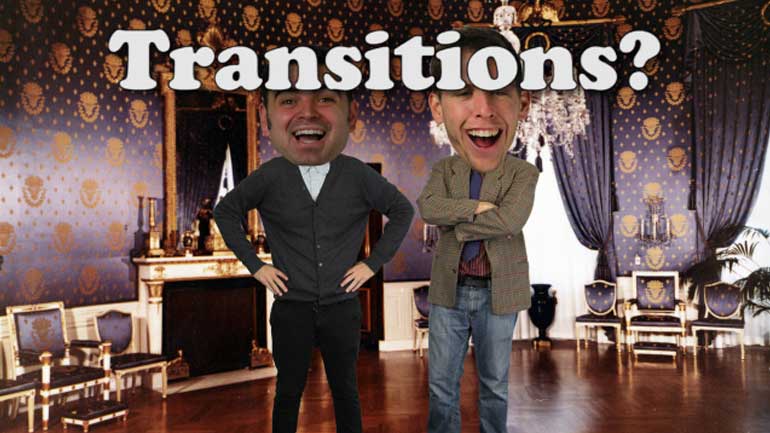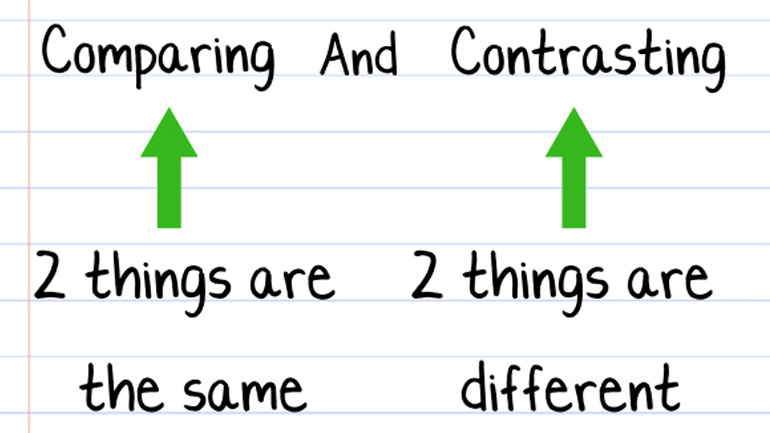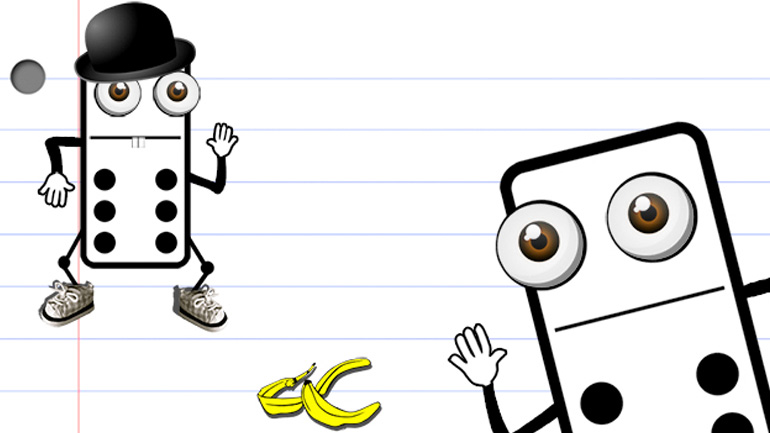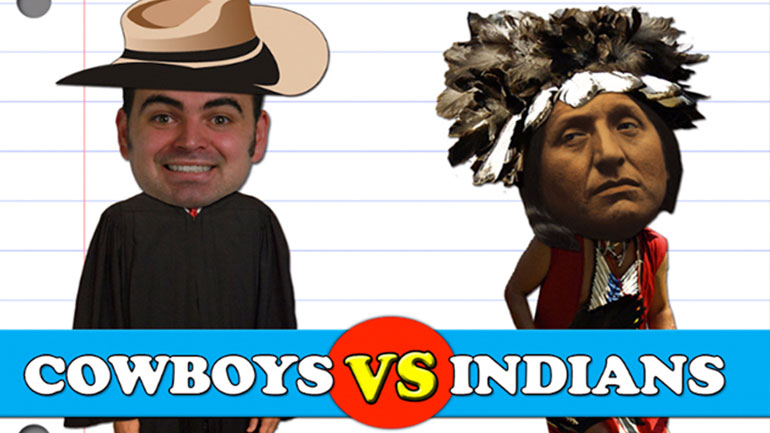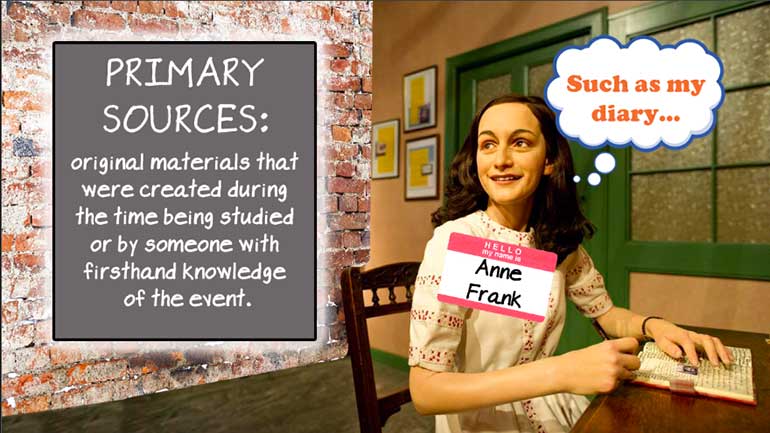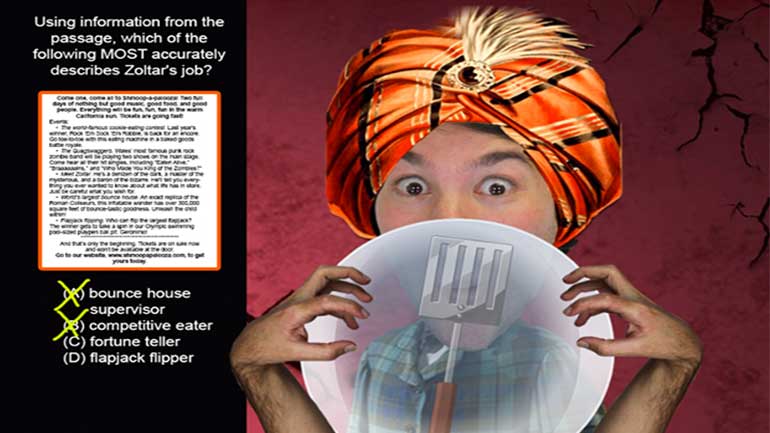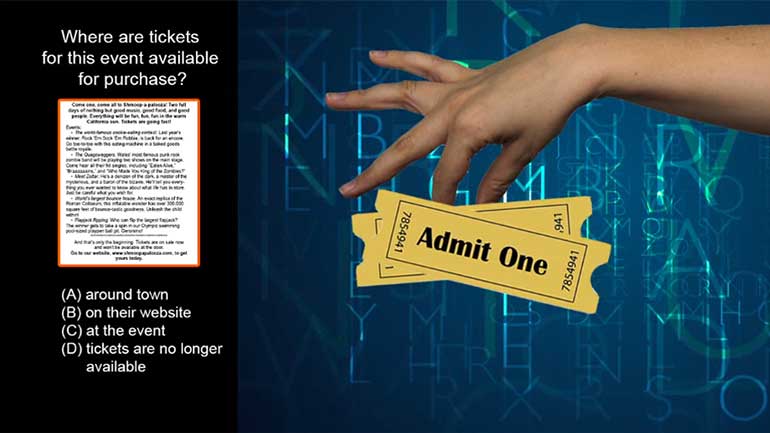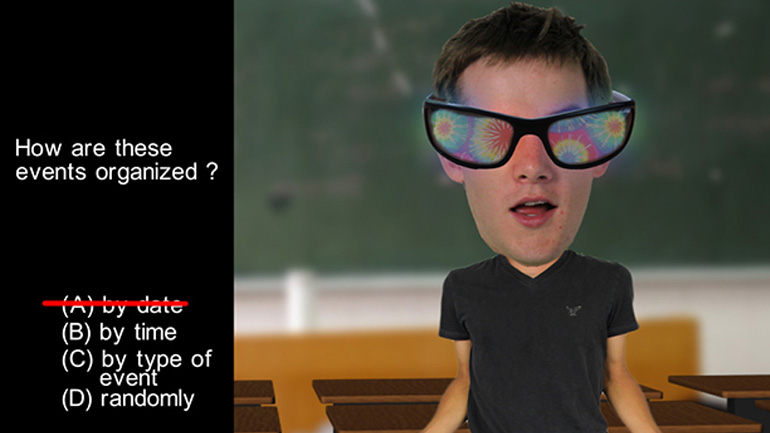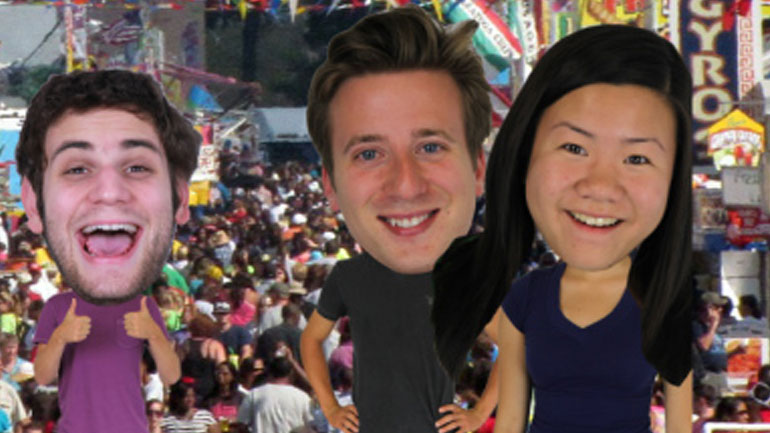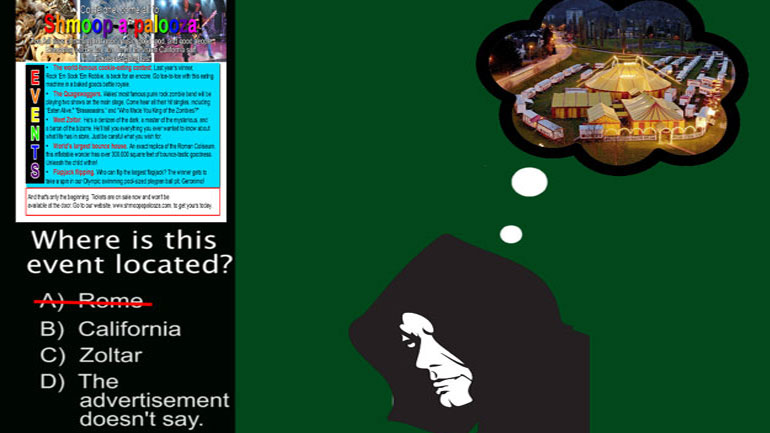ShmoopTube
Where Monty Python meets your 10th grade teacher.
Search Thousands of Shmoop Videos
Writing Videos 89 videos
Want even more deets on wordiness? Click here to review. Or take a look at our entire grammar section for all the goods.
Want even more deets on tenses? Click here to review. Or take a look at our entire grammar section for all the goods.
Want even more deets on semicolons? Click here to review. Or take a look at our entire grammar section for all the goods.
Writer's Toolbox 1720 Views
Share It!
Description:
Did you know that you, as a writer, get your own toolbox? That's right! It doesn’t even matter how badly you fouled up that sliding bookshelf you tried to make last year in wood shop!
Transcript
- 00:07
Writer's Toolbox, a la Shmoop.
- 00:11
It is said that once there was a young man with writer's block...
- 00:16
...who would lose his home unless he could come up with a book of strange and wonderful stories.
- 00:23
So the writer headed out in search of tools to make his tales more interesting.
- 00:31
He met a storyteller who knew all the tricks of the trade,
Full Transcript
- 00:36
and she promised to fill his cart with tools called literary devices...
- 00:42
Hi, I'm Scheherazade! I know how to make stories interesting, because
- 00:47
I write tales to get all the town's landlords off people's backs!
- 00:52
Sheesh, have these guys never heard of cold, hard cash?
- 00:56
A symbol is a small thing used to represent a big thing, or a concrete thing used to represent
- 01:02
an abstract thing. Symbols are loaded with meaning. Hide 'em in your writing like you're
- 01:09
setting up an Easter egg hunt.
- 01:11
A window can be more than a window. It can symbolize inside versus outside,
- 01:17
freedom versus enclosure, and public versus private.
- 01:24
Speaking of inside and outside...
- 01:26
Stories need to take place somewhere, right?
- 01:28
There's a device for that... called setting.
- 01:31
We use stuff like era, geography, seasons, and living spaces to set the mood and add
- 01:38
context to stories. Then, we get to decide what our characters do in the spaces we provide
- 01:43
for them. Since we're the creators of these elaborate
- 01:47
worlds, another thing we get to do is give shout-outs to other works of literature if
- 01:51
we feel like it.
- 01:53
We can use allusion to refer to someone else's creation—and not just other works of literature.
- 01:59
Writers can also allude to stuff like TV shows, songs, and famous paintings by including ideas
- 02:06
from them, their names, or even specific lines from these other works in their own writing.
- 02:14
Of course, at some point, we have to be able to describe all the stuff we're trying to say.
- 02:19
A simile is a figure of speech that compares one thing to another using "like" or "as."
- 02:27
Ever heard the phrase tough as nails?
- 02:29
Simile alert.
- 02:32
Metaphors are like similes, but without the "like" or "as."
- 02:36
Metaphors are magical because they turn one thing into another thing.
- 02:40
Take the phrase "the golden hammer."
- 02:44
The golden hammer isn't really made of gold; it just means "the right tool for the job."
- 02:49
Similes and metaphors surprise readers...especially when they come right up behind them...
- 02:54
and offer new ways of thinking about everyday things.
- 02:58
Another way to add magic to descriptions is through sound devices.
- 03:03
The first sound device I'll show you is what fancy poets like to call perfect rhyme.
- 03:08
Paint and faint.
- 03:10
Similar-sounding words and all that. But let's take a look at a couple other
- 03:14
ways to split verse... Scheherazade Sells Several Screwdrivers.
- 03:19
That's alliteration, which is when all the words in a
- 03:23
phrase start with the same consonant sound.
- 03:26
Okay, now how do we put it all together?
- 03:29
Well, to start, we can choose our words carefully.
- 03:32
Thanks to a device called diction, the toilet can be the can... or the throne.
- 03:39
Diction is just word choice and the effect it has. It's a great device for tweaking tone
- 03:44
and saying it like ya mean it. Syntax is the way words and phrases relate
- 03:49
to one another. We use syntax to organize our sentences.
- 03:53
Syntax is like an enormous set of fridge poetry...
- 03:56
... It lets us run wild with meaning and creativity...
- 03:58
Well, within the limits of proper grammar anyway.
- 04:01
Ready for the final purchase? Irony.
- 04:04
Irony is when the actual meaning contradicts the figurative meaning.
- 04:08
Writers can use a nifty device called situational irony, which is a way of showing rather than
- 04:14
telling what happens when life seems to contradict itself.
- 04:18
Wouldn't it have been ironic...
- 04:21
if our writer had been trained to use all these devices only to find out it was too late?
- 04:29
The writer, unblocked and pleased with his purchases,
- 04:32
toiled the night away with his new tools.
- 04:35
When the morning came, the landlord was pleased with the writer's creations.
- 04:39
So, he treated him to one thousand and one more days on his lease.
Related Videos
Want even more deets on wordiness? Click here to review. Or take a look at our entire grammar section for all the goods.
Want even more deets on tenses? Click here to review. Or take a look at our entire grammar section for all the goods.
Want even more deets on semicolons? Click here to review. Or take a look at our entire grammar section for all the goods.
Asking questions can help spice up an essay. Just make sure you don't get too spicy and forget to answer those questions. You don't want to leave y...
This video defines parallel structure and analyzes what makes it powerful (spoiler alert: sticking to a consistent part of speech, like infinitives...





